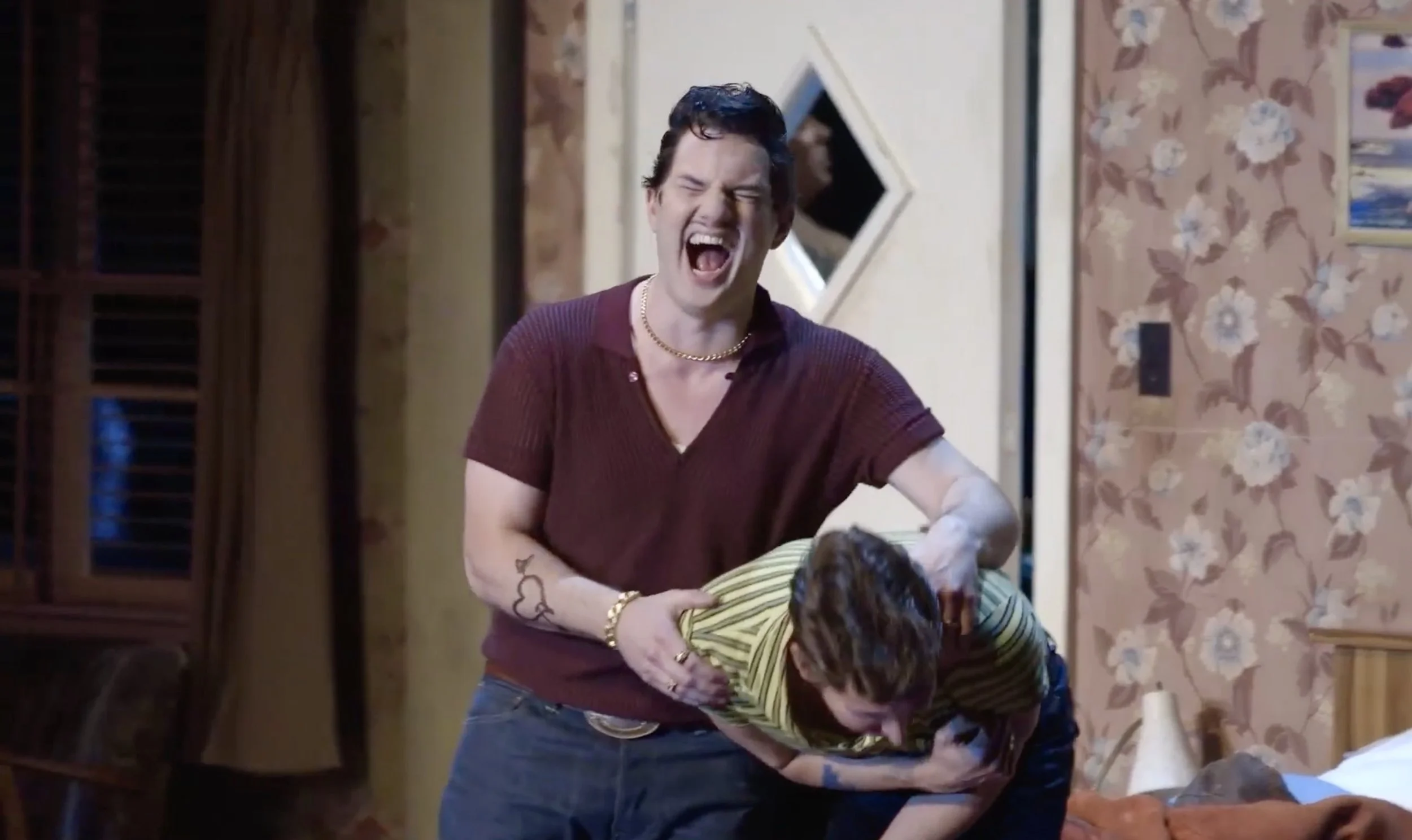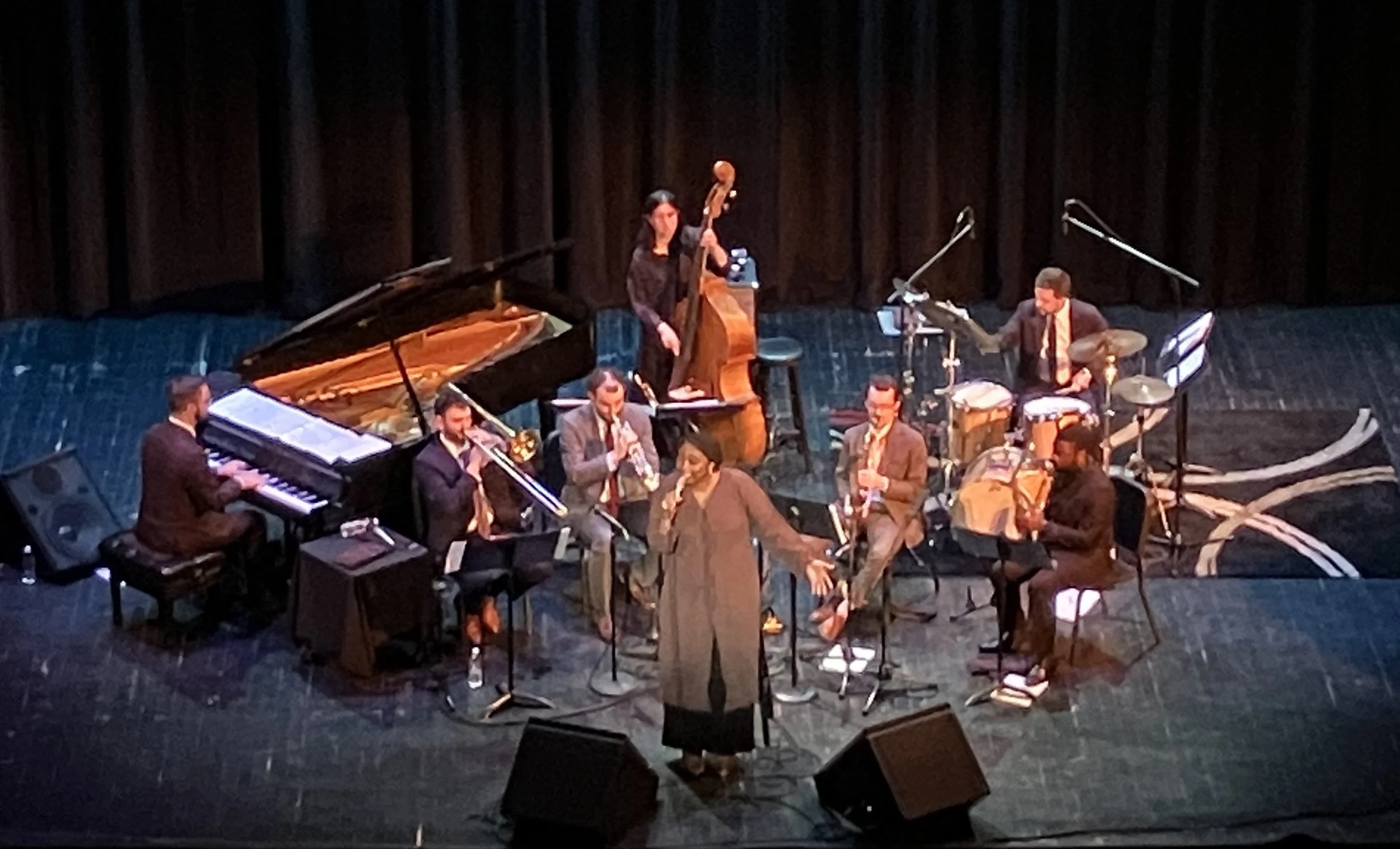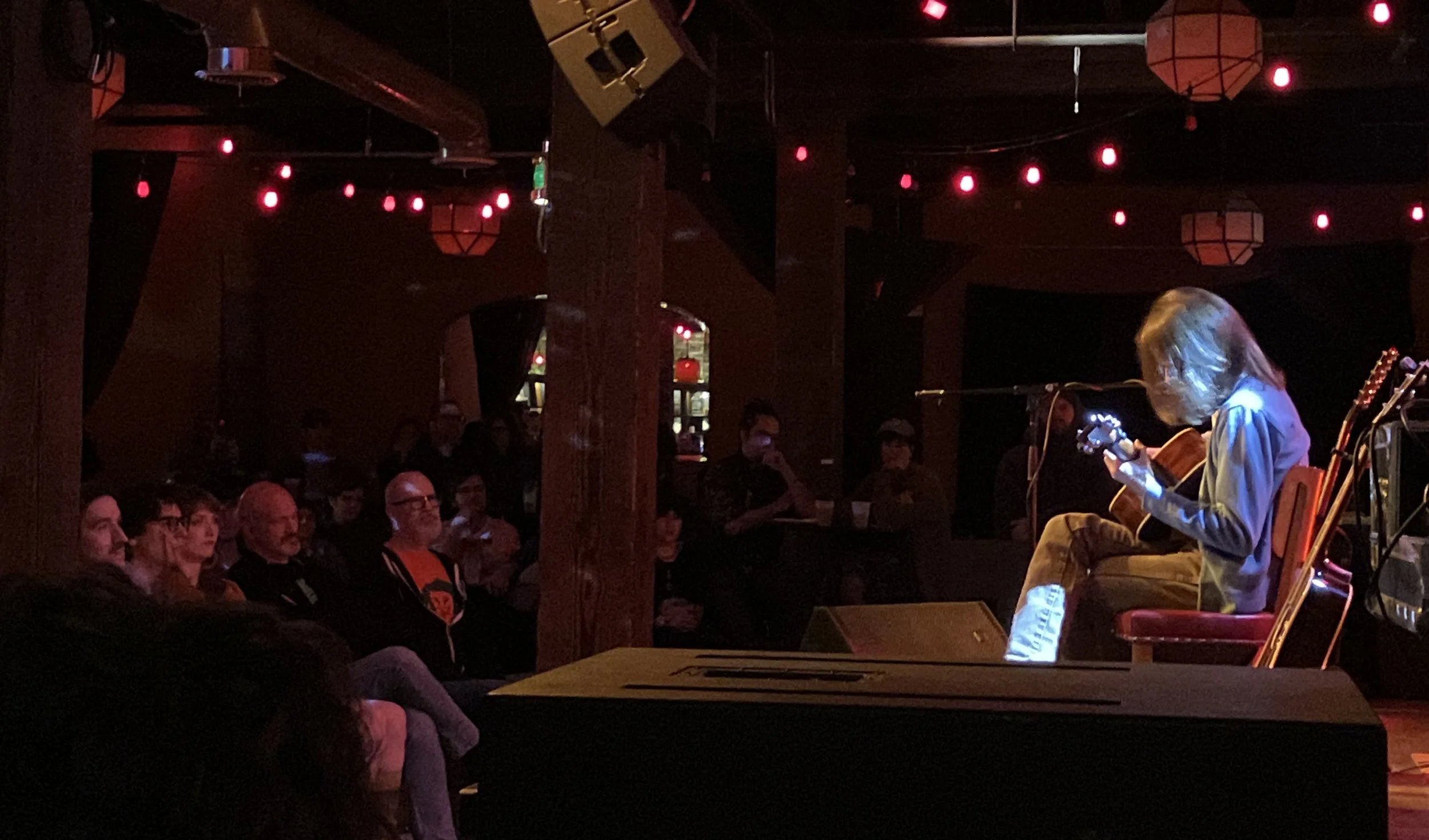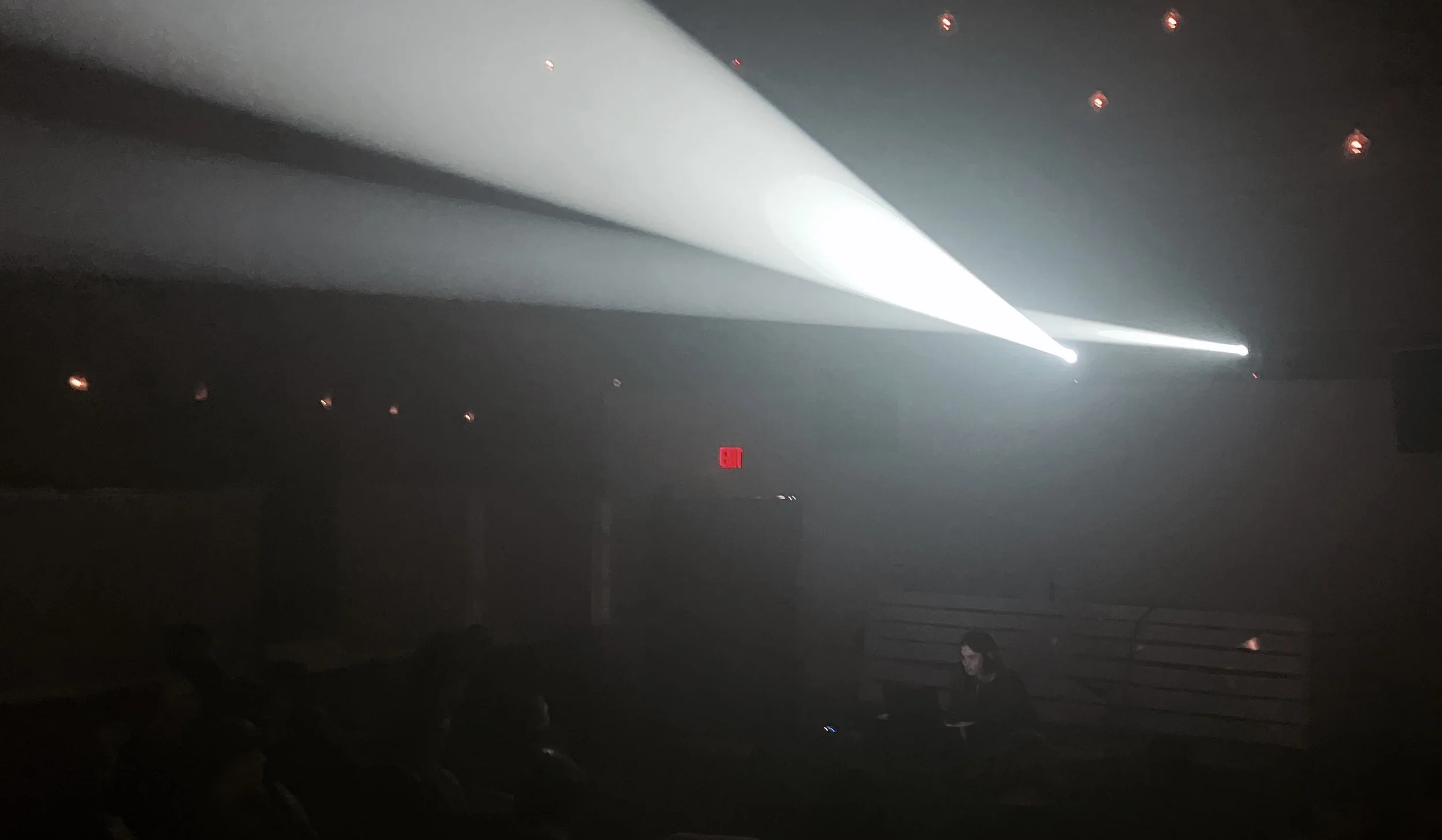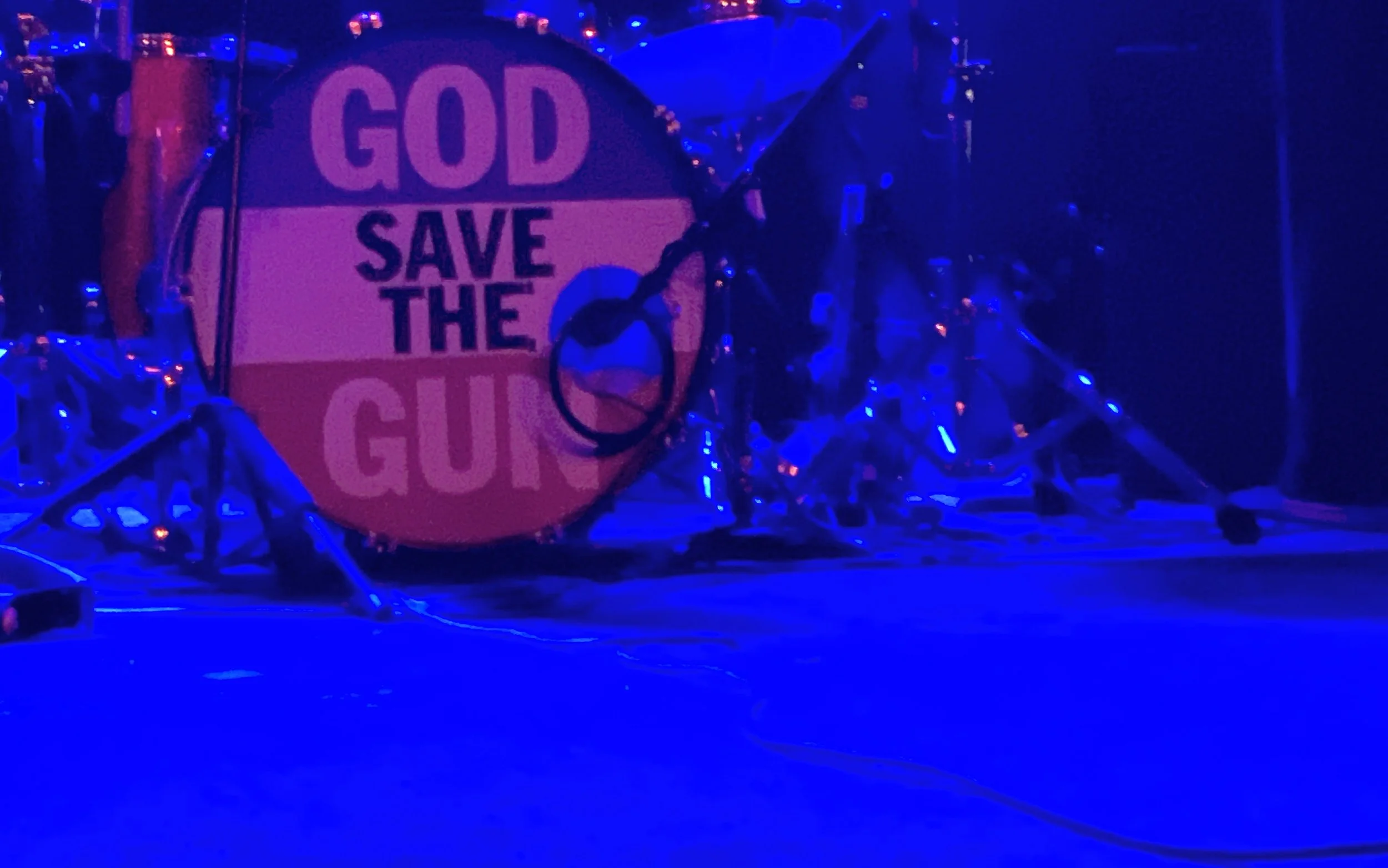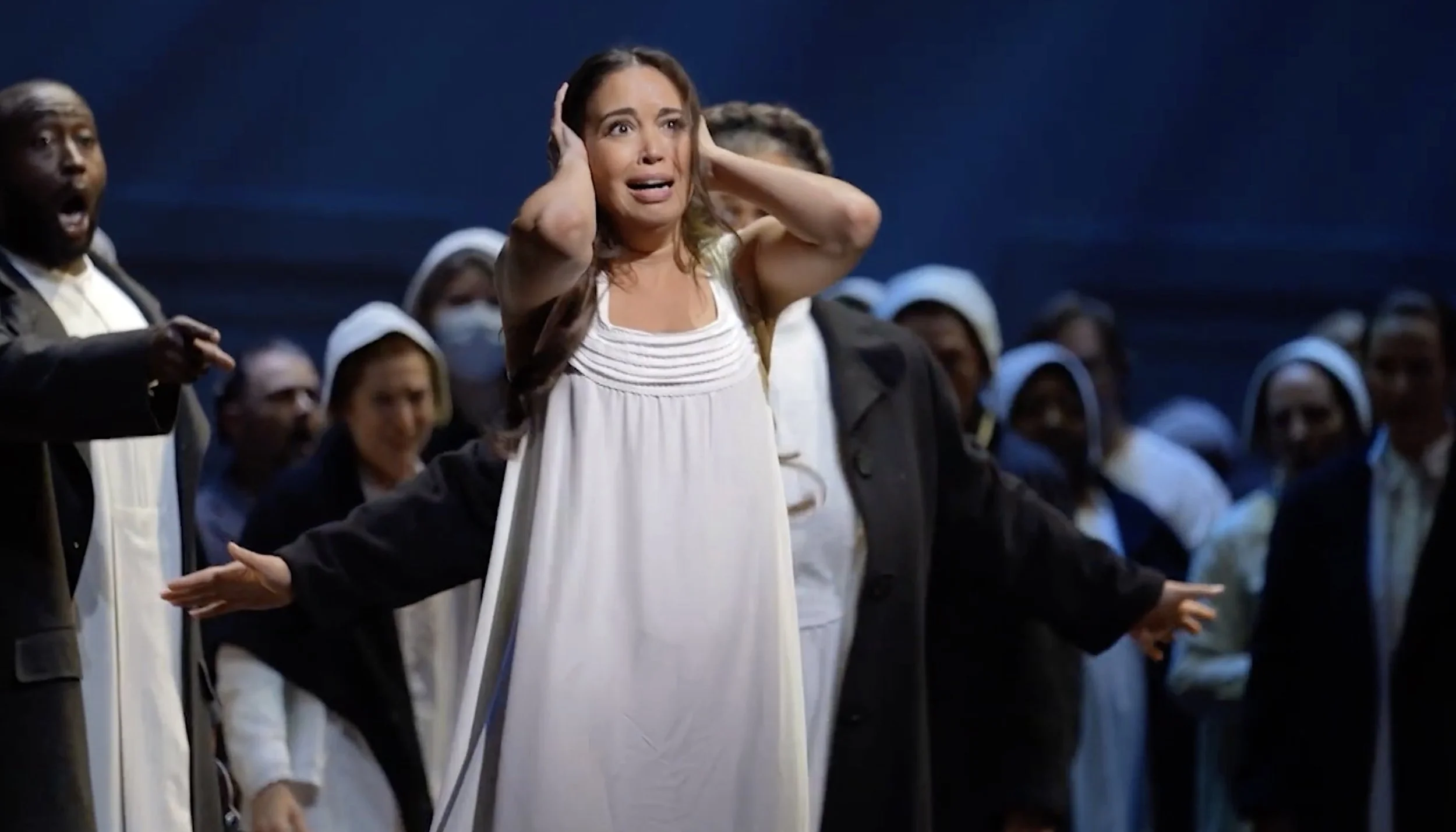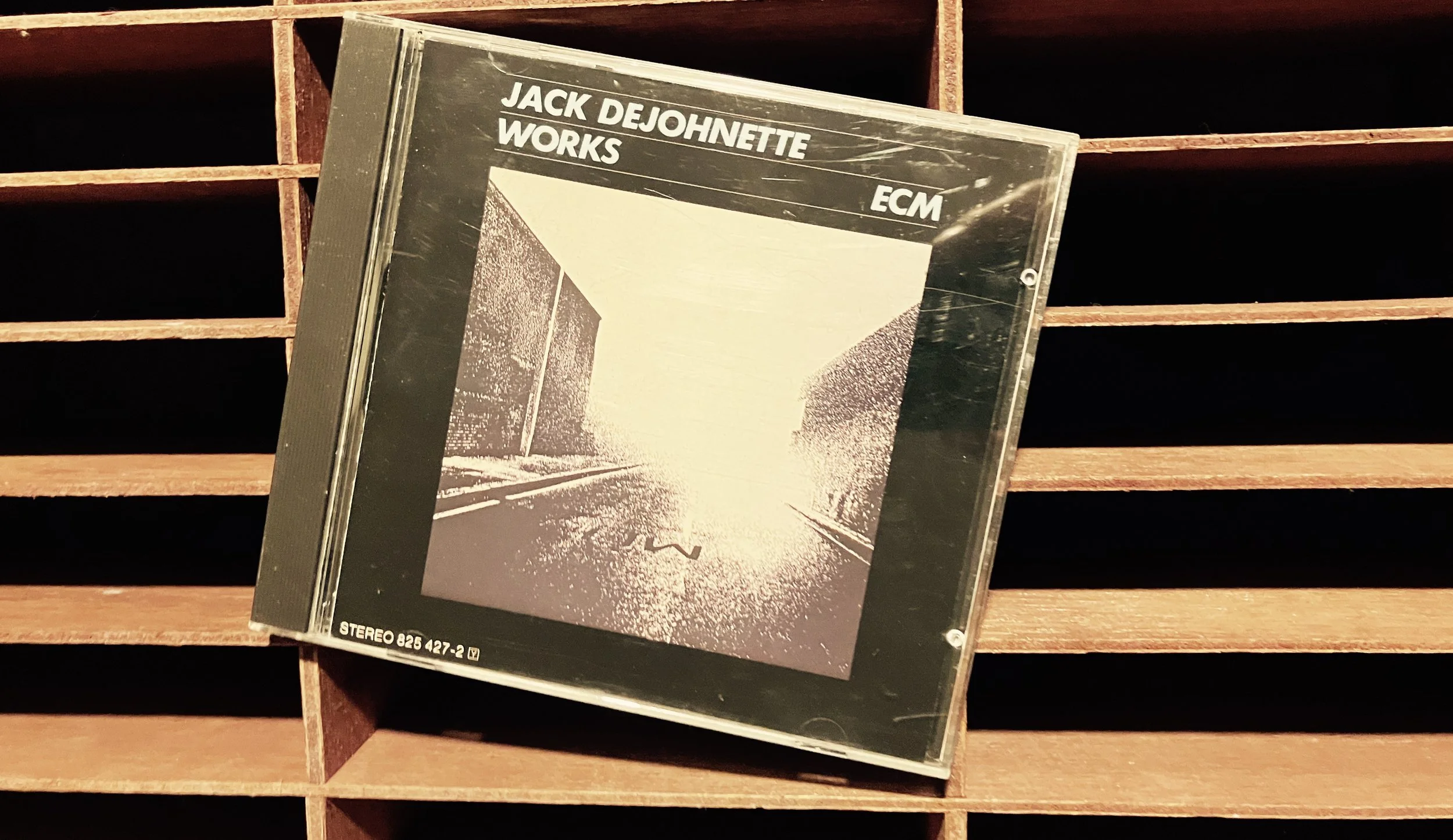Screenshot of the trailer for English National Opera’s production of Wolfgang Amadeus Mozart’s “Così fan tutte” by There Stands the Glass.
The Top Ten Albums of November 2025
1. Rosalía- Lux
A beautiful dark twisted fantasy.
2. SML- How You Been
Real good.
3. Camila Nebbia, Marilyn Crispell and Lesley Mok- A Reflection Distorts Over Water
Ripples.
4. Thomas Morgan- Around You Is a Forest
Duets with Ambrose Akinmusire, Bill Frisell, Henry Threadgill and more.
5. Young Miko- Do Not Disturb
Ring the alarm.
6. Juana Molina- DOGA
Buen perro.
7. Víkingur Ólafsson- Opus 109
Bach, Beethoven and Schubert.
8. Amirtha Kidambi’s Elder Ones- New Monuments: Live in Vilnius
Volcanic eruption in Lithuania.
9. De La Soul- Cabin in the Sky
Just shy of heaven.
10. John Scofield and Dave Holland- Memories of Home
A bit too domesticated.
The Top Reimaginings and Reissues of November 2025
1. Rufus Wainwright and the Pacific Jazz Orchestra- I’m a Stranger Here Myself: Wainwright Does Weill
An excellent concept executed to perfection.
2. Willie Nelson- Workin’ Man: Willie Sings Merle
Silver wings.
3. Chet Baker- Swimming by Moonlight: New Music from the Documentary ‘Let’s Get Lost’
Crossed off everybody’s list.
The Top Ten Songs of November 2025
1. Charlie xcx featuring John Cale- "House"
A sensational shock.
2. Danny Brown featuring Quadeca- “Book of Daniel”
Old Testament.
3. Navy Blue featuring Earl Sweatshirt- "24 Gospel"
New Testament.
4. Boldy James, Nicholas Craven, 50 Gwuap, Taj and Dave Hill- "Trifecta"
Jackpot.
5. Maria Becerra, El Alfa and Xross- “Hace Calor”
Fiery.
6. RNB.FOEMOB featuring That Mexican OT- “Let Go of My Cup”
Lean.
7. By.Alexander featuring Hawa, Ghostface Killah and Rapsody- “The Decoupling of the Nuclear Family”
Tomorrow’s sounds today.
8. Sharp Pins- “Popafangout”
A trip to Itchycoo Park.
9. Colter Wall- "Memories and Empties"
Set ‘em up, Joe.
10. Julian Lage- "Opal"
Bejeweled.
The Top Ten Performances of November 2025
1. Samara Joy at the Folly Theater
My review.
2. OHMA at the 1905 (Portland)
My review.
3. Hayden Pedigo and Jens Kuross at the Ship
My review.
4. David Chael, Danny Embrey, Gerald Spaits and Brian Steever at Green Lady Lounge
My Instagram clip.
5. Claire Rousay and Gretchen Korsmo at Holocene (Portland)
My review.
6. Cory Weeds, Chris Hazelton, David Rourke and Rudy Petschauer at Westport Coffee House
My review.
7. Adam Galblum and Matt Villinger at the Market at Meadowbrook
My Instagram clip.
8. Lena Khalaf Tuffaha at Arrupe Auditorium
My Instagram snapshot.
9. Matt Otto, Aaron Sizemore, DeAndre Manning and Mike Warren at the Music House
My Instagram snapshot.
10. Luke Tartar at Portland International Airport
My Instagram clip.
The previous monthly recap is here.

